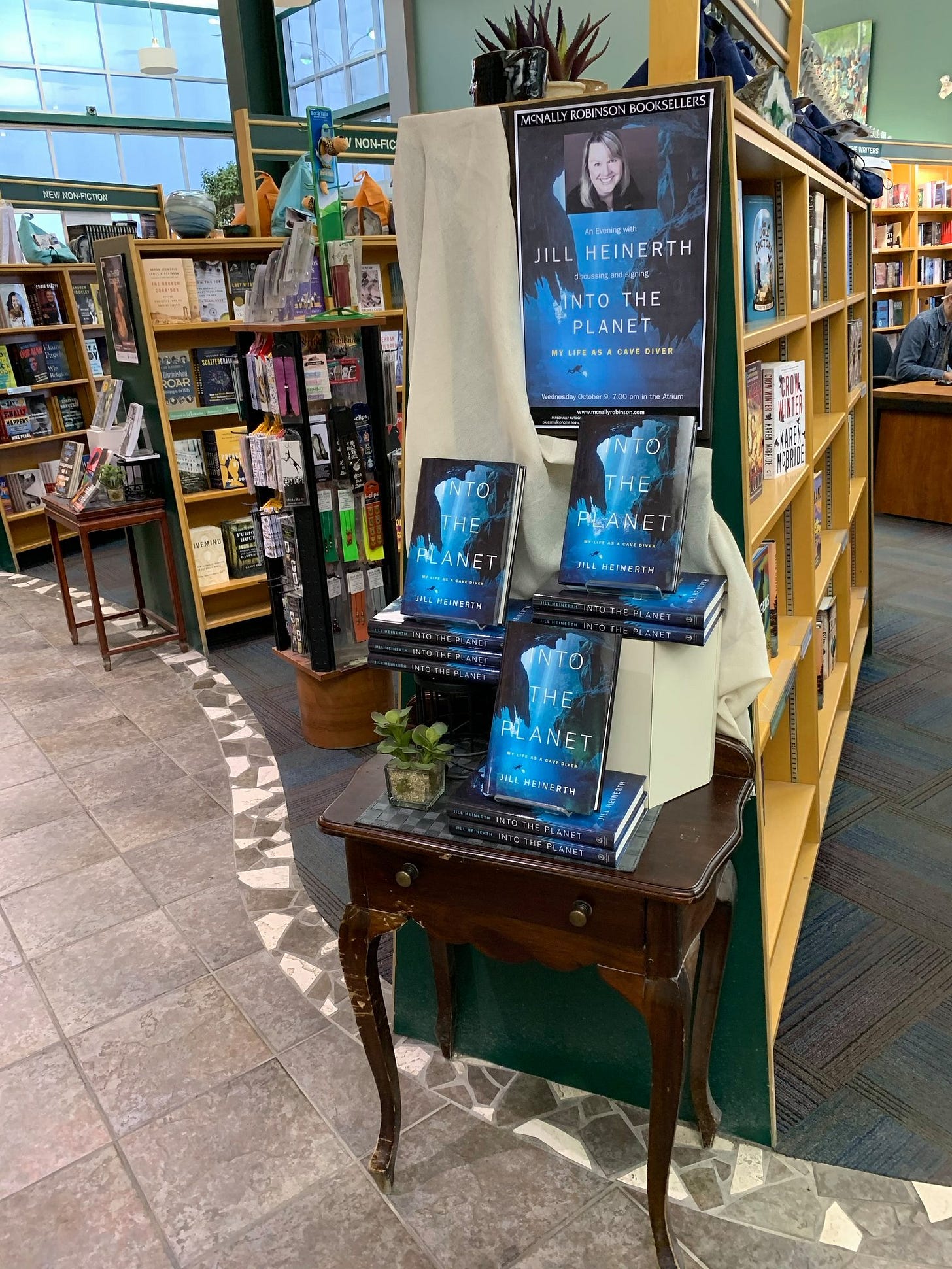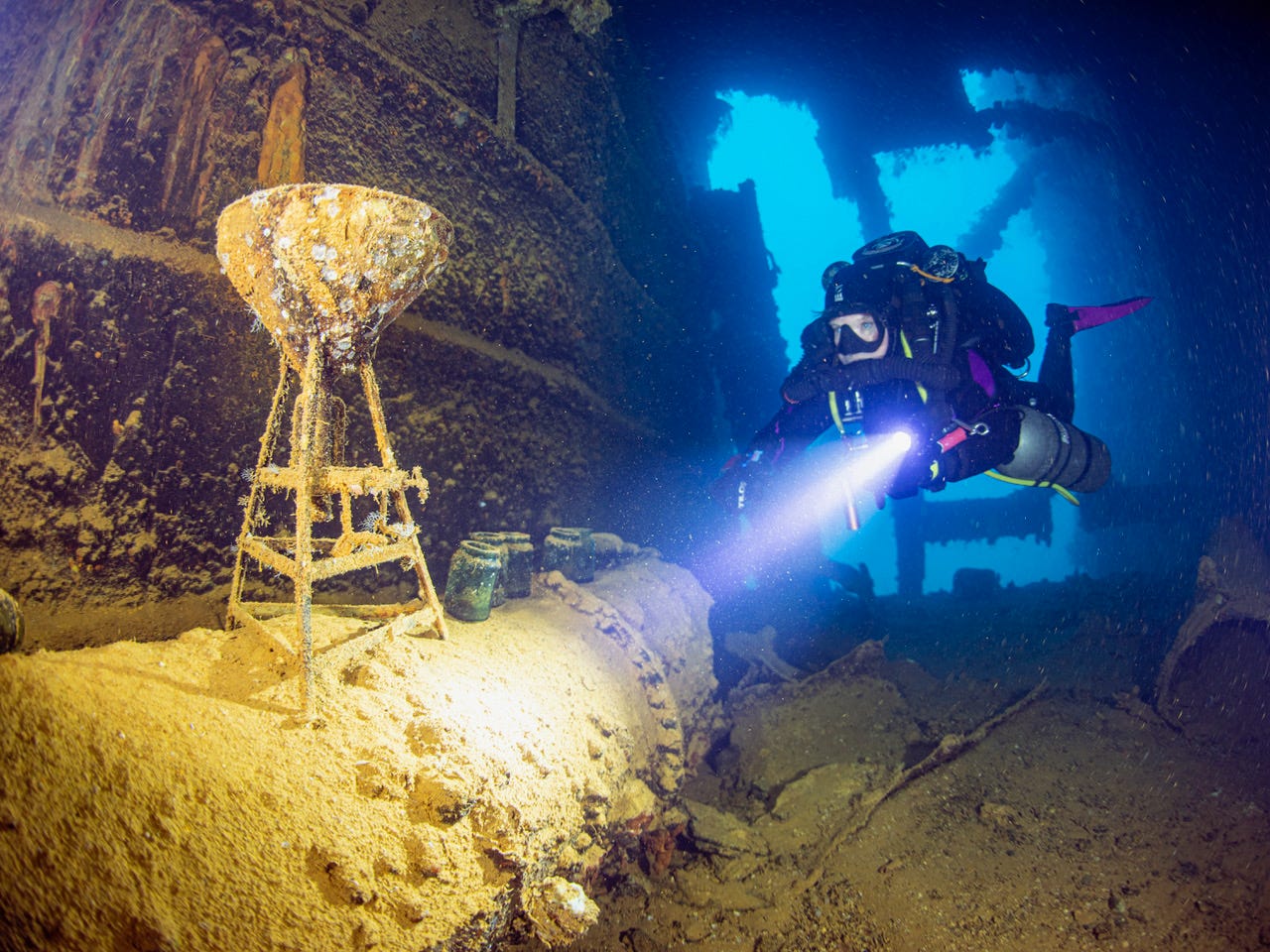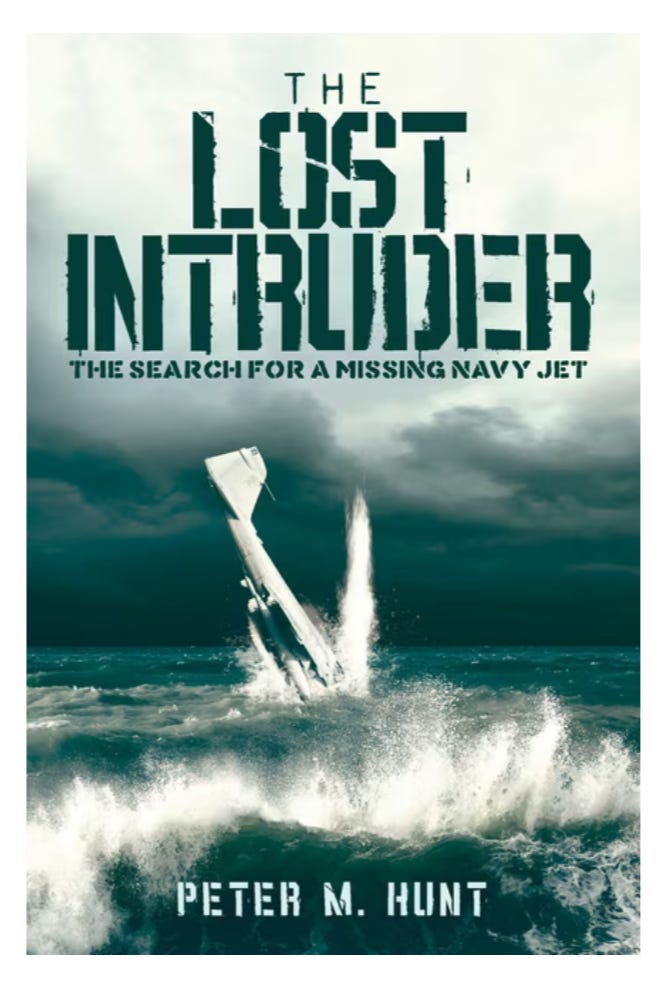You Should Write a Book!
So, You Want to Write a Memoir?
If you’ve ever thought, I should write a book about my life, - guess what? You absolutely should. Your story matters. But I know firsthand that writing a memoir isn’t as simple as sitting down and typing up your life story. It takes time, reflection, and a whole lot of rewriting.
When I wrote Into The Planet, it took a decade of thinking before I even started. Then it took another 2–3 years of hard work, with feedback from my editor, a grammarian, marketing professionals, and fact-checkers at Penguin Random House Canada. Every chapter went through layers of refining, fact-checking, and deep self-examination. And after all was said and done, I’m glad I did it.
If you’re thinking about writing your own memoir, here’s what I’ve learned that might help.
1. Start with a Slice, Not the Whole Cake
A memoir isn’t your entire life story—it’s the most meaningful parts. Instead of feeling pressured to cover everything, focus on a specific experience, theme, or journey. What’s the story you need to tell?
2. Write Like You Speak (At Least in the First Draft)
Your unique voice is what makes your memoir special. Just get the words down as if you were telling a close friend. You can polish everything later.
3. Be Honest, Even When It’s Hard
Good memoirs don’t just share triumphs—they share struggles, doubts, and failures. Readers connect with real, raw emotion and authenticity. If a part of your story makes you a little uncomfortable to share, that’s often where the gold is.
4. Use Your Senses to Bring the Story to Life
Don’t just tell the readers what happened—make them feel it. Was the cave pitch black? Could you hear your heartbeat in your ears? Was the cold so deep it bit through your gloves? Did your dive buddy have a square jaw that looked like he could eat glass for breakfast? These details pull readers into your world in a visceral way.
5. Accept That Feedback Will Make It Better
Memoir writing is deeply personal, but it’s also something that benefits from outside perspectives. I had professionals helping me shape Into The Planet—editors, readers and marketers—and every piece of feedback made the book stronger. Find people you trust to read your work and don’t attach emotions to the editing process.
Above: It is a thrill to walk into a book store and see your book featured on display!
Just Start—Even If You Don’t Know Where It’s Going
You don’t need a perfect outline. You don’t need all the answers. Just start with one memory, one scene, one moment that sticks with you. The story will unfold from there.
Memoir writing isn’t just about capturing the past—it’s about understanding it in a new way that offers revelations to the author and their audience. It takes time, but if your story is worth telling (and it is), then it’s worth the effort.
So, go ahead. Start writing.
Above: Jill signing Into The Planet during her book tour.
We have a couple of audio treats for you this week - a new Into The Planet podcast where we discuss wreck diving at Truk Lagoon and Robert’s death defying battle with a persistent upper respiratory infection! Here’s the podcast:
Chuuk Lagoon wreck.
This newsletter is 100% organic - no algorithms, chatbots, or artificial sweeteners - just original thoughts and stories from cave diver/explorer Jill Heinerth and a guy who always covers his mouth when he coughs - Robert McClellan. You can help support our creative work with a small donation -
Jill continues to read from tech diver, aviator and author Peter Hunt’s remarkable book “The Lost Intruder”. Previous chapters can be found posted in our earlier newsletters. Please share and enjoy! Listen below and add the book to your library - Get it on Amazon.
Thanks for being with us here this week. Jill is off to Chuuk with Dirty Dozen Expeditions - but we will continue to publish newsletters on schedule. Have a great week and don’t forget - Love One Another!









